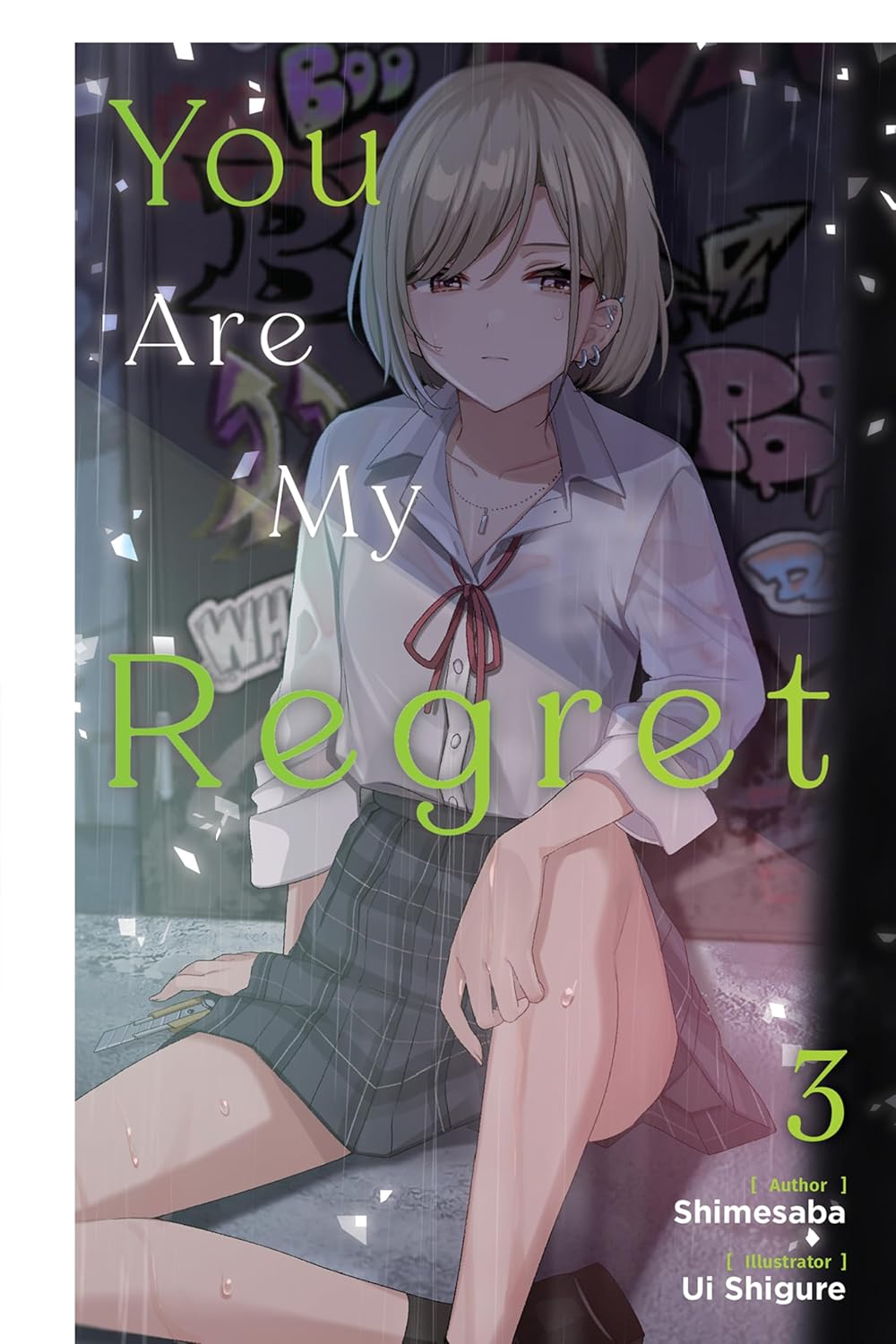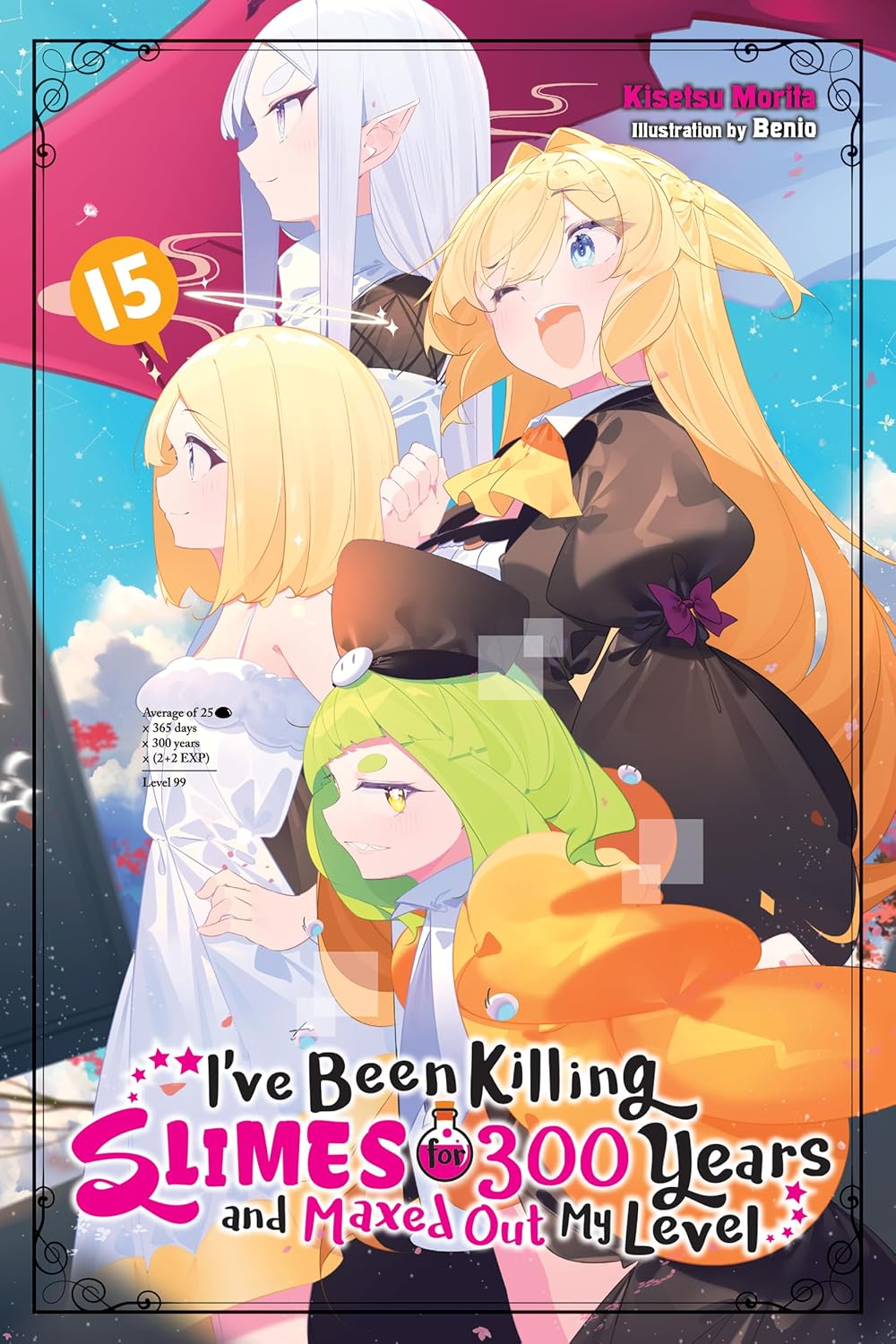By Kazuki Amamiya and Gin. Released in Japan as “Haibara-kun no Tsuyokute Seishun New Game” by HJ Bunko. Released in North America by J-Novel Club. Translated by Esther Sun.
One of the things that folks tend to forget about teenage years as they grow older is how wonderful, how absolutely cathartic it can be to see your friends, your pals, those you are closest to and hang out with all the time, be complete and utter dipshits and make the worst choices imaginable. Not in a dangerous and life-threatening way – I don’t mean “I’m gonna take heroin” or that jazz. No, I mean things like “hey, I bet I can eat all these hot pockets in one go” or “I wonder how far I can go if I went down this steep slope on a garbage can lid?”. Dumb teen stuff. So when the cast here try to work out how to get Reita to listen to them and not throw away his entire life, Natsuki is the one who understands: we need to do the dumbest thing. Only that can save us. And it does, of course, because they’re teens, and also because this is a romcom.
Reita’s been suspended for a week for getting into a fight outside school. What’s more, there’s a video uploaded to social media of the fight, which is clearly staged BY Reita to destroy his own reputation. Everyone tries to get him to open up, and they all fail – he is really, really determined to throw himself under the bus. A visit to his home gives Natsuki some answers, but not many – home life not the best. But there has to be something there that’s more than just “I wasn’t thinking about Miori, I am a terrible person”. This also isn’t helping Miori much either – her reputation is not in the dirt anymore, but that’s because Reita is trying to say he forced her to do everything. Can Natsuki come up with a plan to solve everything in one go? See above re: dumb things.
Obviously Reita is the bulk of the book, but there is also the traditional romcom that is the reason you’re reading this. I appreciate that Natsuki and Hikari are dating and yet there’s still an acknowledgement that Natsuki also has feelings for Uta and Miori – in fact, as Hikari points out, right now his feelings for Miori are probably greater. But all of that is irrelevant – it has to be. Yes, he can’t let go of those feelings so easily. But he can reject the others girls and dedicate himself to dating Hikari, which he has done. The last part of the book is a classic Christmas Eve date, and it ends with a big ol’ confession and kiss. I will admit that sometimes this series is a bit too fastball-down-the-middle – Natsuki’s rainbow colored life feels a little too easy – but then again, he already suffered in his first life. And he did get the crap beaten out of him in this book. It evens out.
We’re caught up with Japan again – Book 8 is out early next year – so how things go from here is unknown. I can’t see this series going on too much longer, though. But it’s good overdramatic stuff.


